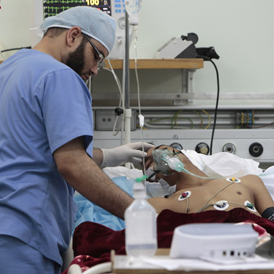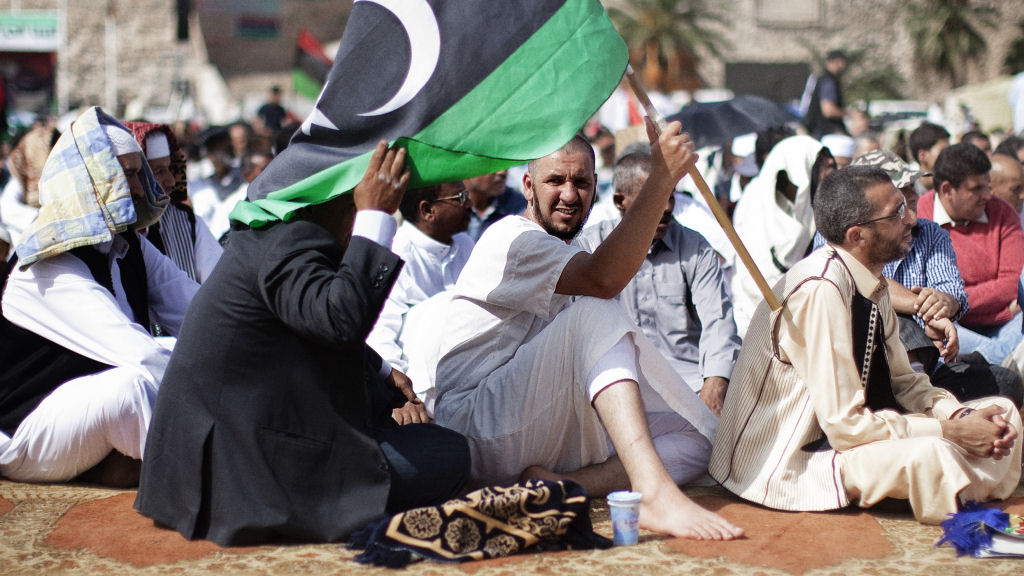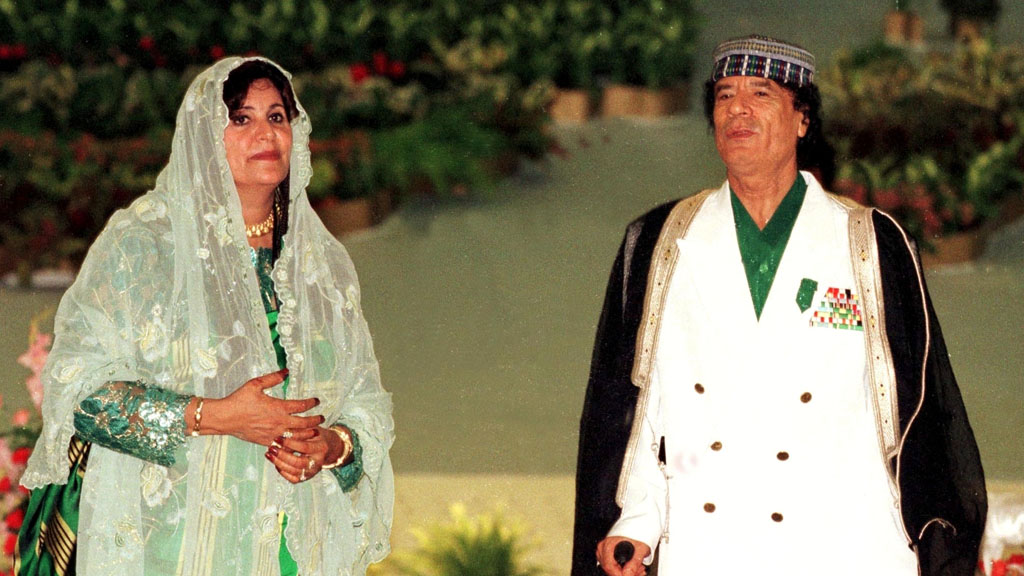MSF suspends work in Misrata amid torture claims
Médecins Sans Frontières tells Channel 4 News its doctors have been “patching up detainees in between torture sessions” in Misrata’s prisons. The charity is suspending its work there as a result.
MSF teams have been working in Misrata since April 2011 providing medical treatment during the height of the conflict between Colonel Gaddafi’s forces and Libyan rebels.
But it has now suspended its operations in Misrata’s detention centres in protest at the treatment of prisoners which it says is “unacceptable”.
In addition Amnesty International says several pro-Gaddafi detainees have died across Libya in recent weeks and months.
It says the torture is being carried out by officially recognised military and security entities as well by a multitude of armed militias operating outside any legal framework.
‘Patching up torture victims’
MSF says it has treated 115 people with torture-related wounds and since January 2012 the situation has worsened.
Director of operations for MSF Dr Bart Janssens, based in Brussels, told Channel 4 News the situation in Misrata’s prisons was “very shocking”.
“We were patching people up who had clearly been tortured, only for them to be tortured again. This is completely unacceptable,” he added.
MSF says that on 3 January 2012 doctors treated a group of 14 detainees returning from an interrogation centre located outside the detention facilities. It claims nine of the 14 detainees suffered numerous injuries and displayed obvious signs of having been tortured.
Dr Janssens also said that torture was being carried out on detainees’ old war wounds: “MSF is not organisation that unusually works in prisons.
“Here there was clear justification but seeing war wounds be used for torture is obviously very shocking for any medical practitioner.”
On Thursday Ahmed Jabril of the National Transitional Council told Channel 4 News “we are asking for assistance and we are also admitting that we are not in full control of prisons and detention centres.” He said that was the reality of a country that has come out of eight months of war, but he insisted that a lot had changed in Libya.
Channel 4 News Chief Correspondent Alex Thomson reported from Misrata during the 2011 conflict:
Nowhere in Libya was the siege longer or the street fighting harder, than in Misrata. Every day at the town's small clinic on the coastal (slightly safer) part of town, you could watch and film as cars, vans, trucks would scream up, unloading dead, dying or injured fighters and civilians. It was pitiful to see - particularly when children were rushed in here, caught in crossfire or incoming missiles.
But after some time you noticed there were no Gaddafi fighters coming here. If government forces loyal to The Colonel had been pushed from the central Tripoli Street district in recent days - how come their injured were nowhere to be seen here at the only properly functioning hospital? We asked, repeatedly.
"No prisoners. No prisoners!" I remember one fighter shouting and drawing a finger across his throat - the universal symbol of death. Such was the legacy of vicious urban and siege warfare into which MSF arrived to work.

‘Torture has to stop’
The charity says it has been asked to treat patients inside interrogation centres but it has refused to do so.
MSF told Channel 4 News it has reported its concerns to the highest levels of authority in Misrata but no concrete action has been taken.
Dr Janssens said: “We’ve taken this up time and time again but it hasn’t improved – we’re available to continue to work but this situation has to stop.
He added: “We remain in touch with all the authorities and we will continue a dialogue then this can be evaluated.
Channel 4 News is currently waiting for a response to MSF’s claims from the Libyan government.
History of torture
There is a long history of torture in Libyan prisons from Colonel Gaddafi’s 42-year reign.
Earlier this month Scotland Yard opened an investigation into the alleged involvement of UK officials into secret rendition operations that lead to leading Libyan dissidents being abducted and tortured in Gaddafi’s prisons.
In October 2011 a new interim government took charge in Libya following the death of Colonel Gaddafi.
The interim Prime Minister Abdurrahim al-Keib said at the time: “We guarantee that we are after a nation that respects human rights, and does not permit abuse of human rights. But we need time.”
More on Libya
-

Libya poised for declaration of liberation
22 October 2011
-

Libya rebels demand return of Gaddafis from Algeria
30 August 2011
-

How tweets and texts helped the rebels take Tripoli
22 August 2011



